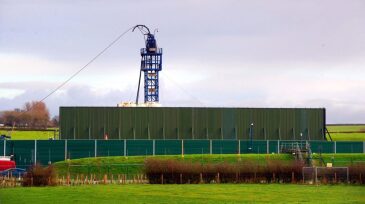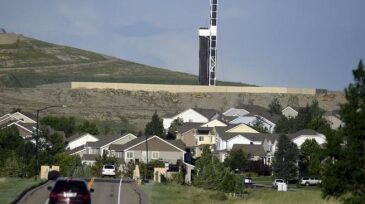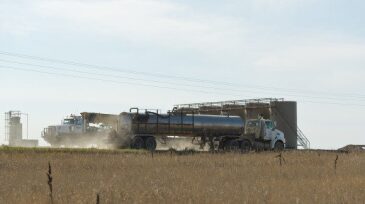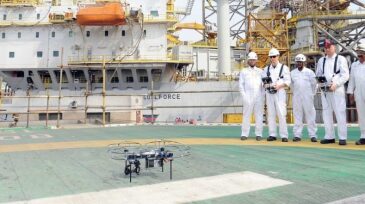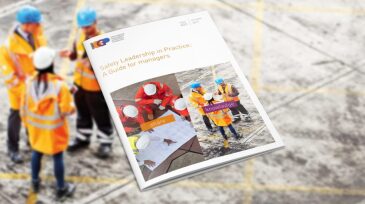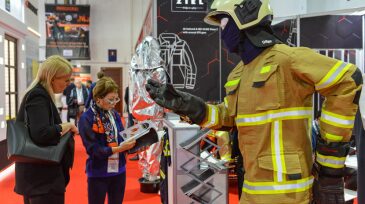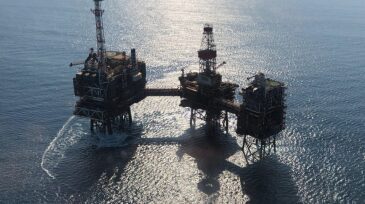Safety
The company said its frequency of serious incidents was down at the end of the year from its levels at the end of 2024.
This paper examines how real-time monitoring can improve both incident prevention and emergency response in the oil and gas industry. Drawing from real-world examples and case studies, it provides practical strategies for implementing this technology effectively.
This paper presents a novel application of artificial intelligence in computer vision for automating blowout-preventer pressure-chart-data extraction, demonstrating significant efficiency gains and a high return on investment.
-
The decision comes 2 months after UK shale operator Cuadrilla Resources halted stimulation work at its Preston New Road site in Lancashire because of a magnitude 2.9 seismic event.
-
This year’s Texas Department of Transportation “Be Safe. Drive Smart” campaign will focus on safety especially in high-traffic oil and gas production areas.
-
Colorado officials declared they will toughen their oversight of oil and gas drilling and hydraulic fracturing sites following the release of a multiyear scientific study that found industry operations may expose residents to unhealthy levels of benzene and other chemicals.
-
Texas continues to lead the nation in oil and gas production, but communities in the state’s main energy production areas have also seen a rise in deaths on the road accounting for close to half of all traffic fatalities in Texas, according to the state’s transportation department.
-
The objective of this paper is to find a safer and more-efficient method for performing inspections on jack-up legs and inside tanks.
-
The new report, Safety Leadership in Practice: A Guide for Managers, builds on one released in 2013. Since 2013, the industry has gained a huge amount of experience and insight into how workplace cultures are formed. This document aims to collect and present that insight and experience.
-
Wearable technology will help drive personal protective equipment growth as the MENA region strives for safer workplaces.
-
Unmanned aerial vehicles are creeping up on ubiquity in the oil and gas industry, but their potential still firmly outweighs the actuality. A panel at the 2019 SPE Annual Technical Conference and Exhibition took a close look at the benefits of drones and at the tethers still holding back their use.
-
Most of you know the value of data in safety management systems. However, a lot of safety management systems mainly show the number of incidents or days without injuries. To really start adding value to the company, it is important to analyze the data and find out where important trends are.
-
Serica Energy has become the first operator to digitize safety in the North Sea after signing a deal to adopt the Restrata Platform, a piece of technology that provides real-time monitoring of people and assets.




